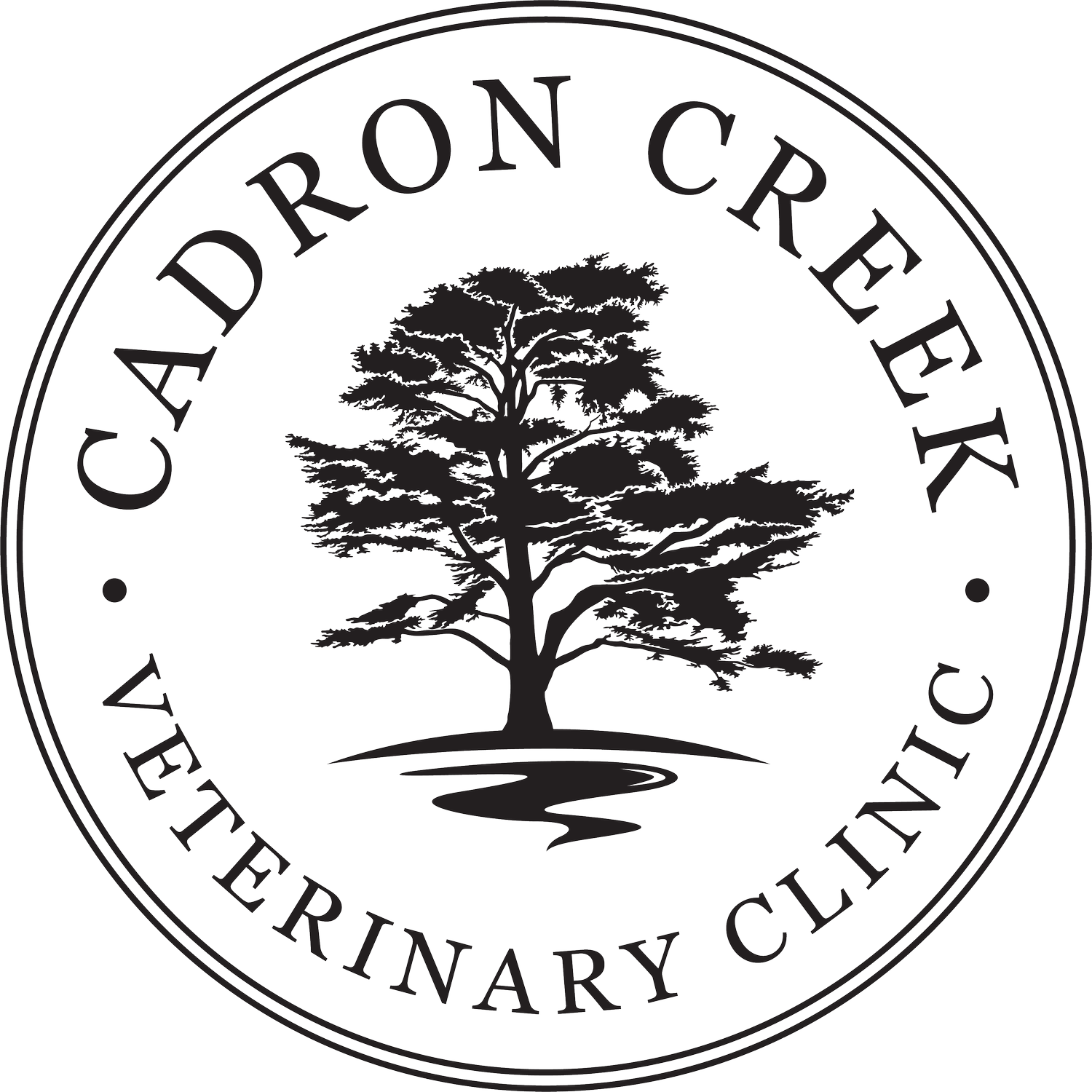
Frequently Asked Questions
-
The tartar and staining on your pet’s teeth actually contains bacteria. Left untreated, it can cause premature periodontal disease, heart disease, liver disease and kidney failure. It is very important to provide your pet with proper dental care. For more information about dental cleanings in pets see the following document.
-
Heartworms are parasites that dogs and cats get from mosquitoes. When a mosquito bites your pet, they can deposit heartworm larvae that migrate to the heart where they become adult heartworms. Despite fur, mosquitoes can still bite your pet transmitting the disease. Arkansas is a top 5 state in the U.S. for incidence of new heartworm disease cases! To protect your pet it is important to have yearly heartworm testing performed and keep them on a monthly preventative at home. For more information about heartworms see the following document.
-
To mitigate anesthetic risk we offer pre-anesthetic blood work that is highly recommended for all surgical clients and patients.
-
We understand your pet’s health needs can be expensive. Though we do not allow clients to charge for medicine or procedures, we do accept standard methods of payment as well as Care Credit.
-
Care Credit allows you to spread your payments out over time. The approval process is as easy as filling out an online application. Care Credit is also accepted at various hospitals, dental clinics, and private medical practice firms.
Highlights of the CareCredit program:
• Low Monthly Payments (3% of the Total Balance)
• Interest Free For 6 Months
• Determine Approval in a Few Minutes
• No Annual Fee
-
Due to our busy medicine and surgery schedule, we prefer that you call and schedule an appointment. This decreases your wait time and ensures we have enough time allotted to properly diagnose and treat your pet. We do allow you to drop off your pet for the day to be examined with consultation provided over the phone. All surgeries are dropped off in the morning. Hospital stays are determined on a case by case basis.
-
Once weaned, puppies and kittens have a naïve immune system that should be supported with a safe vaccination protocol. For puppies we recommend 4 rounds of vaccines at 6, 9, 12 and 15 weeks and for kittens we recommend 3 rounds of vaccines at 6, 9, and 12 weeks. After puppy/kitten vaccines are complete, we recommended boosting vaccines yearly. Keeping your pet up to date on vaccines is important to provide them with as much protection as possible from infectious disease. Your pets current vaccine status is also vital to protecting you and your family from diseases transmitted from animals to humans.

